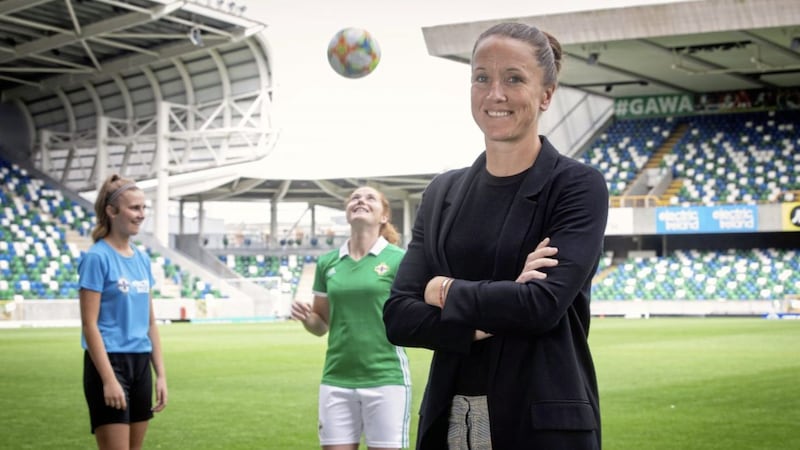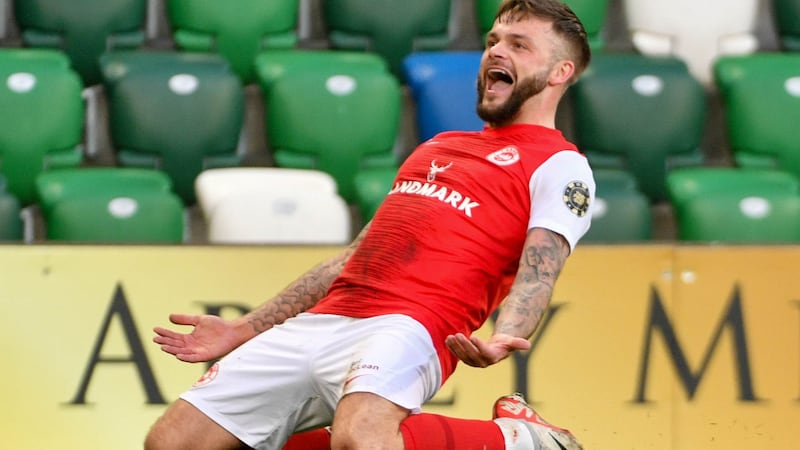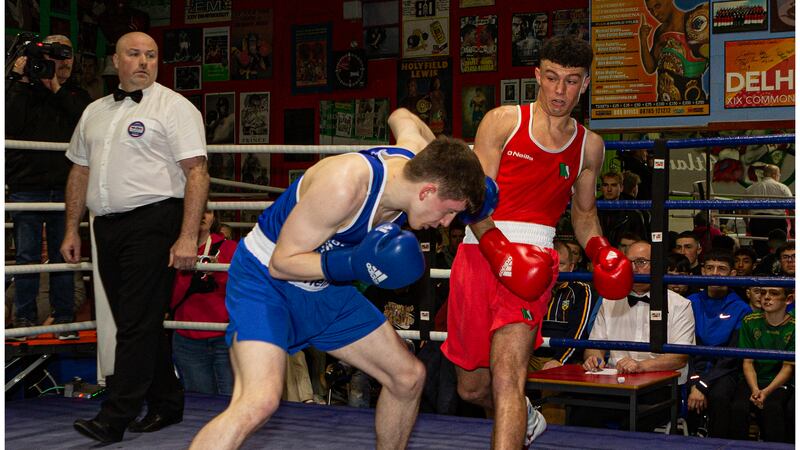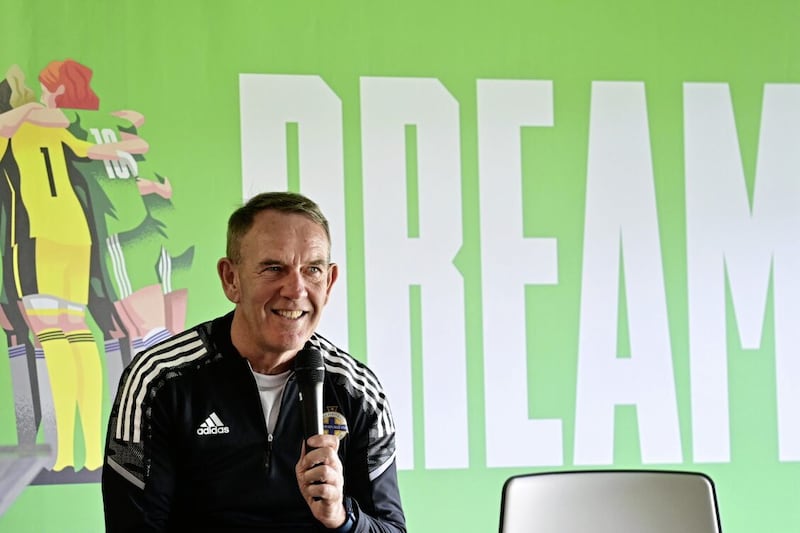“We still have an awful lot of work to do. You need to be able to translate those figures who were watching on TV into attendances. Until we get the attendances right, and we’ve got people coming through the gates to watch the games and keep coming back, then we’ll still have work to do.”
Casey Stoney - then the Manchester United women’s manager - clearly knew what she was talking about when she made those comments to me at Windsor Park more than two years ago.
Since that announcement of sponsors Electric Ireland’s backing for the NI women’s team the game’s profile has risen considerably.
An awful lot of work has been done, with the players a major element in that, over-achieving by rather remarkably qualifying for next year’s delayed Euros.
It seemed only right, and overdue, that the Northern Ireland ladies should play a first competitive match at Windsor for more than nine years.
Let’s be honest, few apart from the friends and families of the players and management would have known about that European qualifier against Belgium in 2012.
In contrast, the build-up to last night’s Women’s World Cup qualifier between Northern Ireland and Latvia had a fair amount of coverage, in print, online, and on TV and radio.
So, although it’s not like me to be naively optimistic, I expected a much bigger crowd at the south Belfast venue. After all, even with the understandable outcry over higher ticket prices, almost all of the 16,000 tickets available for the NI men’s game against Switzerland a fortnight ago were sold.
And more than 10,000 spectators attended the Super Cup match at Windsor between Chelsea and Villarreal a month earlier. Sure, many of those travelled from England and Spain, but there was sizeable local attendance too.
Factor in that undoubted success and progress of the NI women over the past two years, under the ambitious guidance of manager Kenny Shiels, and one might be entitled to expect more paying punters coming through the turnstiles.
It’s easy - and often quite right - to criticise the authorities, but the Irish Football Association appear to be good backers of the women’s game. Indeed yesterday they named Angela Platt as their first ever director of women’s football.
Perhaps most importantly adult ticket prices for last night’s qualifier at Windsor started at only £10, with kids’ admission costing £2 (although online tickets cost a little more in both cases). Tickets for that men’s match two weeks ago were much more expensive, more than £50, with savings on buying three-match bundles largely cancelled out by membership costs.
More can be done, of course; always.
NI captain Marissa Callaghan confirmed to BBC NI that they are seeking the same match fee payments as their male counterparts, as is now the case for the Republic of Ireland’s teams.
"I think there are around seven nations in the world that have equal pay and I know more and more are in talks about it. The IFA have been very supportive with us and we have been in talks over the past two years.
"It is definitely something that we will be bringing to the board and something that will be talked about, and hopefully in the future it is something we can get."
That should be done - but match fees don’t mean equal pay, of course.
The gulf in club salaries is immense. Stoney again spoke on the subject last year, after the FA revealed that England’s men and women received the same match fees:
“We need to work on our marketing and we need to become more visible; we have to get more people in to our games before we can start talking about equal pay.
“If you ask me whether I can see a day when female footballers earn as much as the highest-paid men then the answer is no, I can’t. Top male footballers get paid in the hundreds of thousands per week, and though our game is making great strides and moving forward all the time, the sort of crowds we get at the moment just won’t support that.”
Payment isn’t an issue as such in the world of Gaelic games, but money still matters - as do attendances.
Progress continues to be made, but there will be bumps along the road.
Meath ladies football star Vikki Wall highlighted the issue of payment - or, rather, non-payment - of travel expenses for going to training, as well as for going to matches.
“The bare minimum is expenses…. We are lucky in Meath in that a lot of us don’t live too far away but there are other counties where players have to travel across the country to go to training and to be out of pocket is not good enough at this stage.
“There have been expenses provided this year for league and championship matches so that is definitely a step in the right direction and can be maybe amplified in the next year.”
It’s hard to argue against that - but a county board treasurer may well point to his/her responsibility to balance the books, to spend only what they have - and to the fact that men’s matches bring in more income.
Wall pointed out the positives, like sponsors PwC now also overseeing Player of the Month awards for both camogie and ladies Football, as well as hurling and men’s football. The players’ body, the Gaelic Players’ Association, now represents men and women, and advocates for better treatment of all.
The hopes and dreams of the 20/20 campaign to increase coverage and attendances at women’s sport was hit hard last year by the coronavirus crisis, but clearly that’s not the reason why far fewer spectators are going to women’s games after significant easing of restrictions.
The games’ organisers can provide equality of opportunity, willingly or unwillingly - but it’s down to the public to play their part too.









